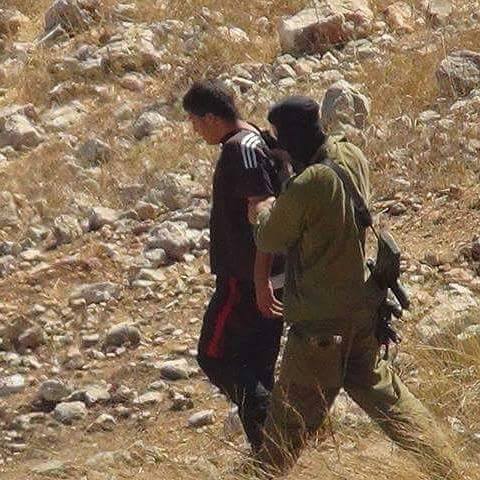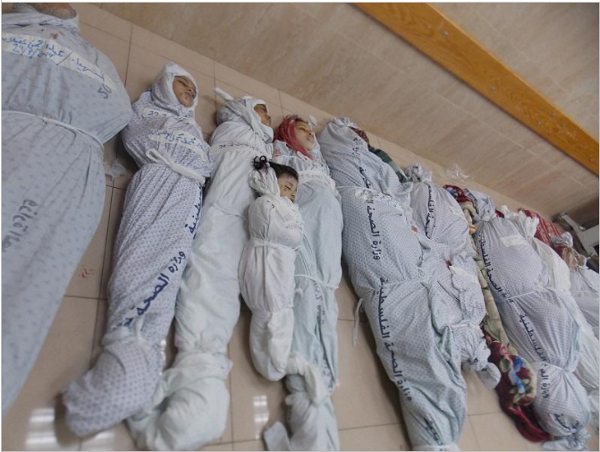Author: ISM Media
-
Double standards, one rule for all – except Palestinians
27th September 2015 | International Solidarity Movement, Al-Khalil team | Nabi Saleh, occupied Palestine On the 28th of August, Mahmoud Tamimi was arrested in Nabi Saleh during the weekly non violent demonstration. Every Friday, just after the prayer, the residents demonstrate against the expansion of the illegal settlement of Halamish which has continuously confiscated Palestinian…
-
In Gaza no figures can express the sorrow
26th September 2015 | International Solidarity Movement, Gaza Team | Gaza Strip, Occupied Palestine If there is any reason for our existence, at least it should be our capacity to inform about a story while it is happening, in a way that nobody can say: “We did not know, nobody had told us anything” Robert…
-
Tamimi family thanks you for your support
The Tamimi family of Nabi Saleh and the international community thank all of those who provided financial solidarity after Israeli forces arrested and imprisoned four members of the family who have dedicated themselves to non-violent resistance to the occupation of their land The four family members are free and the urgent call for assistance has…



